All Products
All plants are supplied in 9cm pots.Flowers larger than usual and very sweetly-scented. However, the unique character is the leaves which are a rich golden yellow. Leaves are large, like its parent. Very vigorous and running when happy. To 30cm. May. Dryish soils in part shade. Too shady and it will go green, too sunny and it will bleach a bit. Selected from the polyploid 'Hardwick Hall' by Margaret Owen.
Medium-sized "Decorative" flowers in white and red. The flowers are sectorially variegated with areas or rarely whole flowers being one colour or the other. 1m. Any soil in sun. Will survive outdoors in light soils if mulched in winter. Late summer and autumn. Rare. We would welcome a name for this plant. Formerly sold as "unnamed cultivar".
Rich cherry-red very double flowers which are strongly scented. Greenish leaves. Clump-forming. 15cm. Well-drained soil in sun. July/ August. An old rare mule pink and surprisingly vigorous.
Rich dark red, strongly-scented flowers, not quite as dark as in 'Nigrescens'. The leaves are a rich dark black-purple significantly broader than in 'Nigrescens'. The rosettes are tighter and the whole plant is smaller and neater than 'Nigrescens'. Very vigorous and healthy leaves. 45cm. June. Any soil in sun. New. A clone, and not grown from seed. Selected from seedlings at Monksilver by Dr John Grimshaw and kindly named by him.
Short-growing with very rich blue flowerheads over dark green, silver-backed leaves. Clump-forming. 80cm. Any well-drained soil in sun. July/August. Surprisingly rare. Our form is from Graham Thomas and is darker flowered and shorter than other forms we've seen.
Tall, late, narrow petalled. Height 15cm. Dry shade under trees. Flowers in Jan/Feb.
Unique form with split petals. Tall, partly true from seed. late. Height 15cm. Dry shade under trees. Flowers in Jan/Feb.
Semi-double form with green and yellow petals. Short and true from seed. Height 10cm. Dry shade under trees. Flowers in Jan/Feb.
Fully double form with green and yellow petals. True from seed. Height 15cm. Dry shade under trees. Flowers in Jan/Feb.
Short double and very green form with green True from seed. Height 10cm. Dry shade under trees. Flowers in Jan/Feb.
Good orange flowers. True from seed. Height 10cm. Dry shade under trees. Flowers in Jan/Feb.
Pale Yellow flowers. True from seed. Height 10cm. Dry shade under trees. Flowers in Jan/Feb.
Tall large flowered selection. Height 15cm. Dry shade under trees. Flowers in Jan/Feb.
Rich silvery-blue, spiky flowers. Greeny-silver leaves. Dense clumping habit. 60cm. July. Full sun and dry. Selected by John Metcalf at Four Seasons and still one of the best. An E. bourgatii hybrid.
Many white flowers in marble-sized heads on stiffly-branching stems. The pale green leaves are sword-shaped, arching and produced in rosettes. The margins are set with many bristle-like teeth. Upright to 75cm. July / August. Totally hardy. Very tough growing in dry sun or part shade.
Many blue-tinted flowerheads surrounded by silvery bracts, on very branched arching stems. Leaves distinctly three-lobed. Large clumps. 75cm. Any soil in sun. July/August. Still worth growing.
Spectacular purple, cream and green flowers in late summer. In short spikes to 40cm with a pineapple-like ruff of spotted leaves on top. Very distinctive rosettes with purple spots underneath. The hardiest species. Sun or part shade in a dry spot.
The flowers are pale yellow to green in 80cm long spikes, with a distinct pineapple-like ruff of leaves on the top. Huge rosettes of broad green leaves with distinctively serrated edges. To 150cm tall. Late flowering and has proved hardy with us, but plant deeply.
Many heads of yellow flowers. Makes wide-spreading mounds of many narrow blue-green leaves. Pinkish stems. Well-drained soil in sun. 30cm. June/July. A hybrid of E. nicaeensis and seguireana discovered by Tim Ingram.
Rich golden-yellow heads of flowers to 20cm across. Narrow, pale green leaves to 8cm long with paler midribs on beautiful, wiry, pinky-orange stems. To 1m high and 2m across. An established plant will flower a full 12 months of the year. Very dry, in full sun. Can be cut back by a hard winter but very rarely killed. Collected by John Raven in the 1970s in Sicily.
A very beautiful diminutive herbaceous plant with bright blue, yellow-centred flowers and dark green, daisy-like basal leaves. Very hardy to minus 14C. 15cm. Damper soils soil in sun. May/June.
Yellow flowers in abundance typical of a F. x intermedia. The leaves, however, are strongly margined in pure white especially in early spring. The margins thin and the centres become more green as the season goes on. Very beautiful and unaccountably rare. Shrub to 2m. March. Any soil but better in part shade. Surprisingly vigorous. To us from Ollie Neave.
A distinct and stunning hybrid snowdrop which is very upright and a good vigorous doer! The markings in the flower are solid dark green at the tip of the inner petal becoming slightly diffuse towards the base. The inner petals are distinctive in that they do not flare at the tips, producing a very tubular-looking flower. This plant gained an RHS preliminary commendation in 2006. It was found by me in a garden in Herefordshire formerly owned by the Backhouse family (famous for daffodils). It was named for the wife of the current owner.
A short-growing and relatively late hybrid with the distinct feature of incredibly thick petals. This makes it really difficult to open up to see the mark inside. Raised by Wiliam Thomson before 1913, possibly named by S. Arnott.
Large flowers, often two per bulb. Narrow blue-grey leaves. A complex hybrid possibly involving GG. gracilis and plicatus. From Kingston Bagpuize.
‘Bertha’ a pterugiform with a very distinctive mark on the inner like an H or a pinafore. Small but very vigorous. Named for my current dog, Bertha or Bert for short
Many fully double flowers with narrow outers exposing the inners which are heavily marked green. The first G. elwesii hybrid double with green-tipped outers. Later than 'Franz Josef' but still relatively early. Increases well. Found by Robert Marshall.
Another in the mighty atom group with truly massive flowers when settled in. Relatively early flowering but later than 'Bertram Anderson'. Short blue-green leaves. Found by, and named for Bill Bishop.


.jpg)
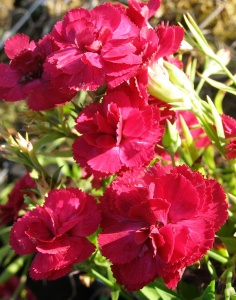
.png)

.jpg)
.jpg)
.jpg)


.jpg)
.jpg)
.jpg)
.jpg)
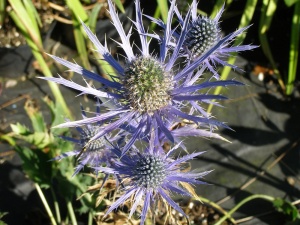
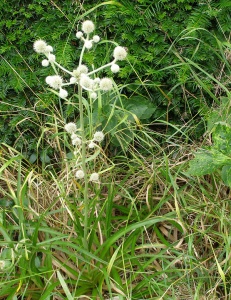
.jpg)
.jpg)
.jpg)

.jpg)
.jpg)
.jpg)
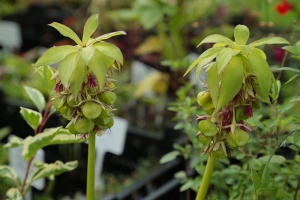
.jpg)







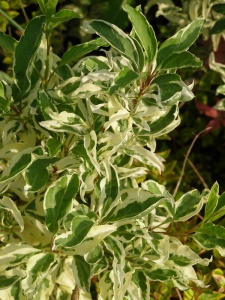
.jpg)